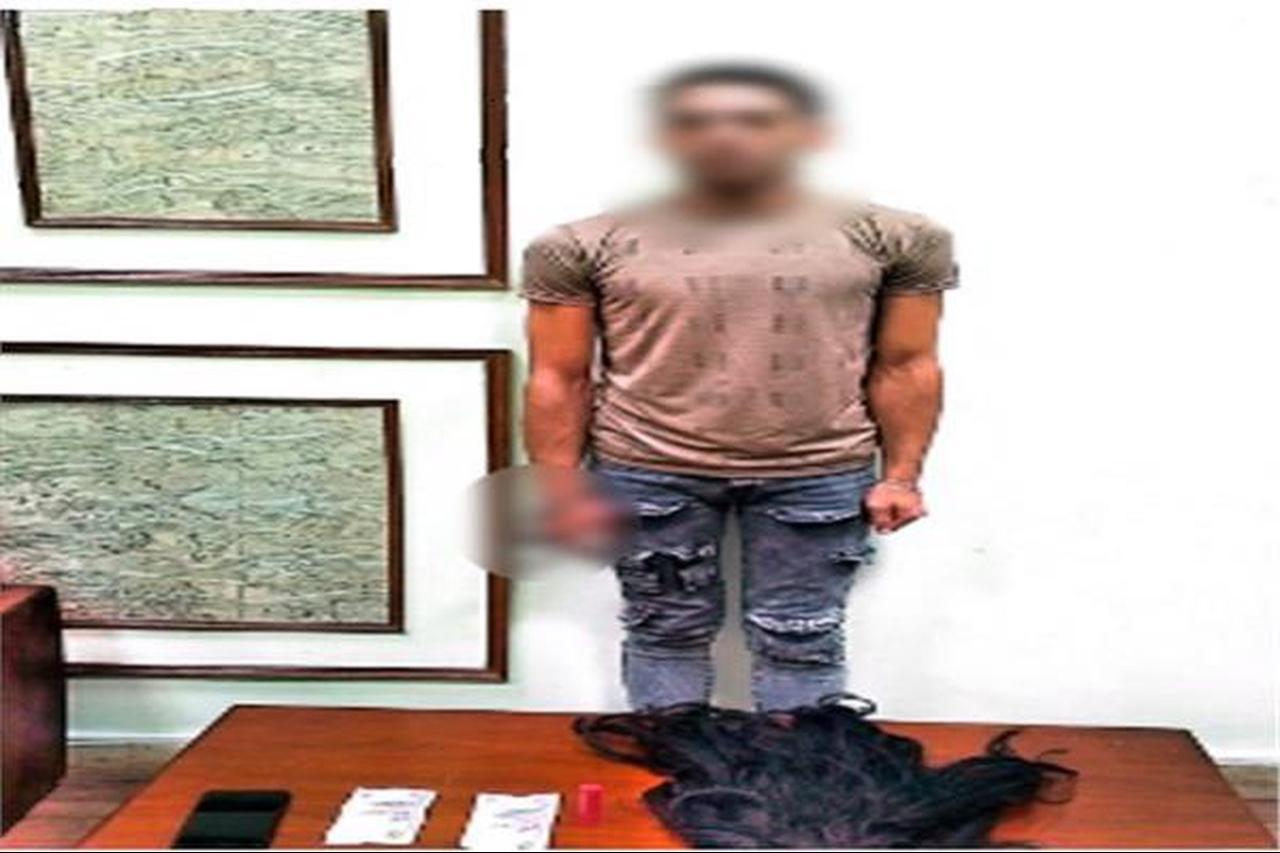
The Egyptian Interior Ministry’s Security Forces arrested dancer Tarek Mesho after videos of him circulated online performing moves that authorities described as “indecent” and “contrary to societal values.”
He was detained at the First Amiriya Police Precinct in Alexandria, following a performance on Nakheel Beach that was also captured on video.
Egyptian authorities considered the incident a violation of societal values and criticized its circulation on social media.
“Following procedural formalities, he was apprehended at the First Amiriya Police Precinct. A mobile phone found in his possession, which was examined technically, contained evidence confirming his criminal activity,” according to an investigation by the General Department for the Protection of Morality within the Specialized Police Sector.
In Egypt, multiple state bodies are tasked with overseeing and enforcing public morality. These include administrative control authorities, the Interior Ministry’s General Department for Combating Vice, Al-Azhar, and the ministries of Culture and Information.
Recently, Egyptian authorities arrested several young TikTok influencers with millions of followers, detaining dozens of them in recent weeks on charges including violating family values and money laundering.
Meanwhile, Egyptian official statements and media reports often employ phrases such as “acts against public decency” or “behaviors that contradict social values”—broad terms that lack precise definition.
Authorities in Egypt use such terms either as a legal instrument or to advance a moral discourse aimed at regulating public behavior.
However, observers in Egypt criticize these expressions, describing them as “vague”—capable of encompassing a wide range of meanings and lacking clear, defined standards.
Critics say this crackdown is part of broader efforts to curb freedom of expression and silence voices that deviate from the norm in a country where social media has long served as one of the few alternatives to state-dominated traditional media.

Lawyers say Egypt’s family morality laws are vague. Authorities can review all content posted by TikTok creators. If they find a single post deemed “indecent,” they can declare the influencers’ income illegal and charge them with financial crimes related to their earnings.
Among those arrested is 19-year-old Maryam Ayman, known as Suzy al-Urduniya, who gained 9.4 million followers by posting videos since her school days. The Interior Ministry said she was arrested on Aug. 2. Maryam faces charges of publishing indecent content and laundering 15 million Egyptian pounds ($300,000).
Her lawyer, Marwan el-Gendy, commented directly on her case, saying that Egypt’s public morality laws are generally applied arbitrarily.